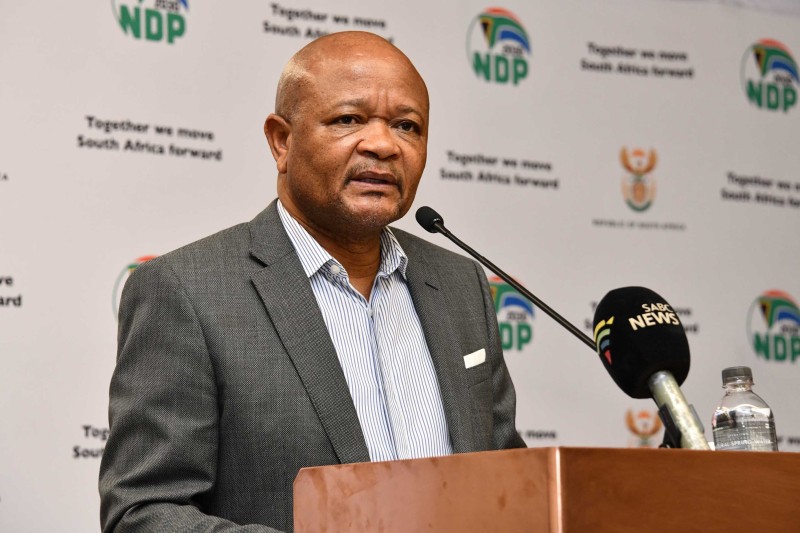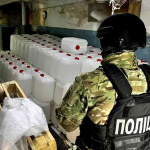Minister Senzo Mchunu said that racketeers “are often armed, operating in groups and instil fear” in those that they target, leaving communities “very angry, bitter and agitated.”
According to World Population Review, an independent for-profit organization committed to delivering up-to-date global population data and demographics, South Africa has the third-highest crime rate in the world with assaults, rape and homicides being prevalent.
A report by the South African Police Service (SAPS) now added racketeering to the pile of problems and outlined new measures to combat it. Mchunu said he plans to sign an agreement with local governments to coordinate responses, which will include working with local police forces, private security companies, and community policing forums.
These measures will also target “construction mafia,” groups that descend on building sites threatening to halt work if denied employment.
The move follows the announcement by public works minister Dean Macpherson last week that his department had launched independent investigations regarding widespread cases of extortion by the mafia. He claimed that in addition to eroding investor confidence, racketeering contributed to the fact that “support meant for small, medium, and micro enterprises, or SMMEs has been misappropriated.”
The Government issued a statement after a meeting on Wednesday, saying that “extortion often thrives where there is a lack of economic opportunity.”
It further went on to say that it is addressing root causes by “investing in education, job creation, and community development alongside our law enforcement efforts.”
The Minister specified that the provinces of Gauteng, KwaZulu Natal, Western Cape and Eastern Cape were of particular concern, accounting for 73% of all crimes nationwide.






